Olivia Colman and Micheal Ward on Filming 'Empire of Light' and Finding Community Against All Odds
The actors discuss how they approached the film’s complex themes, from race to mental illness.
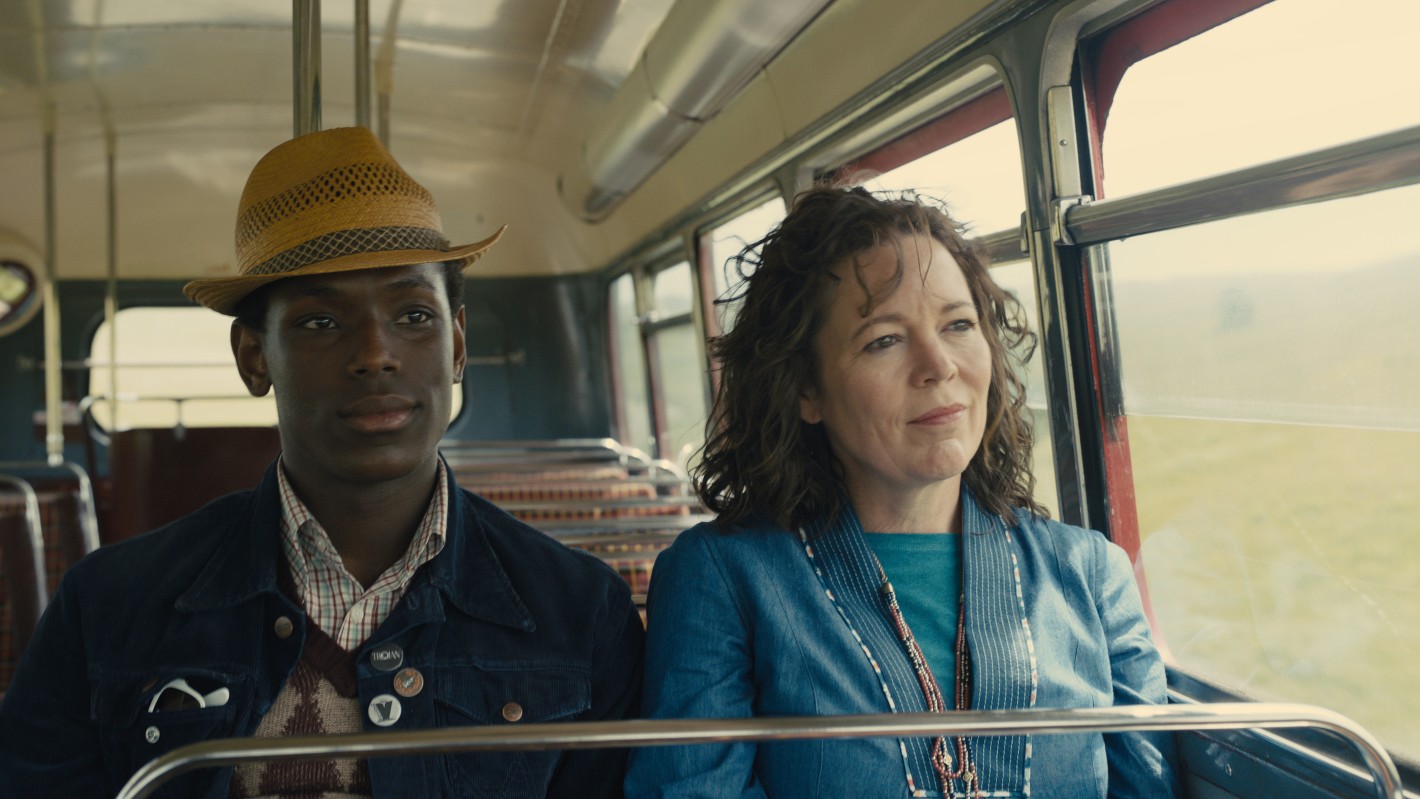
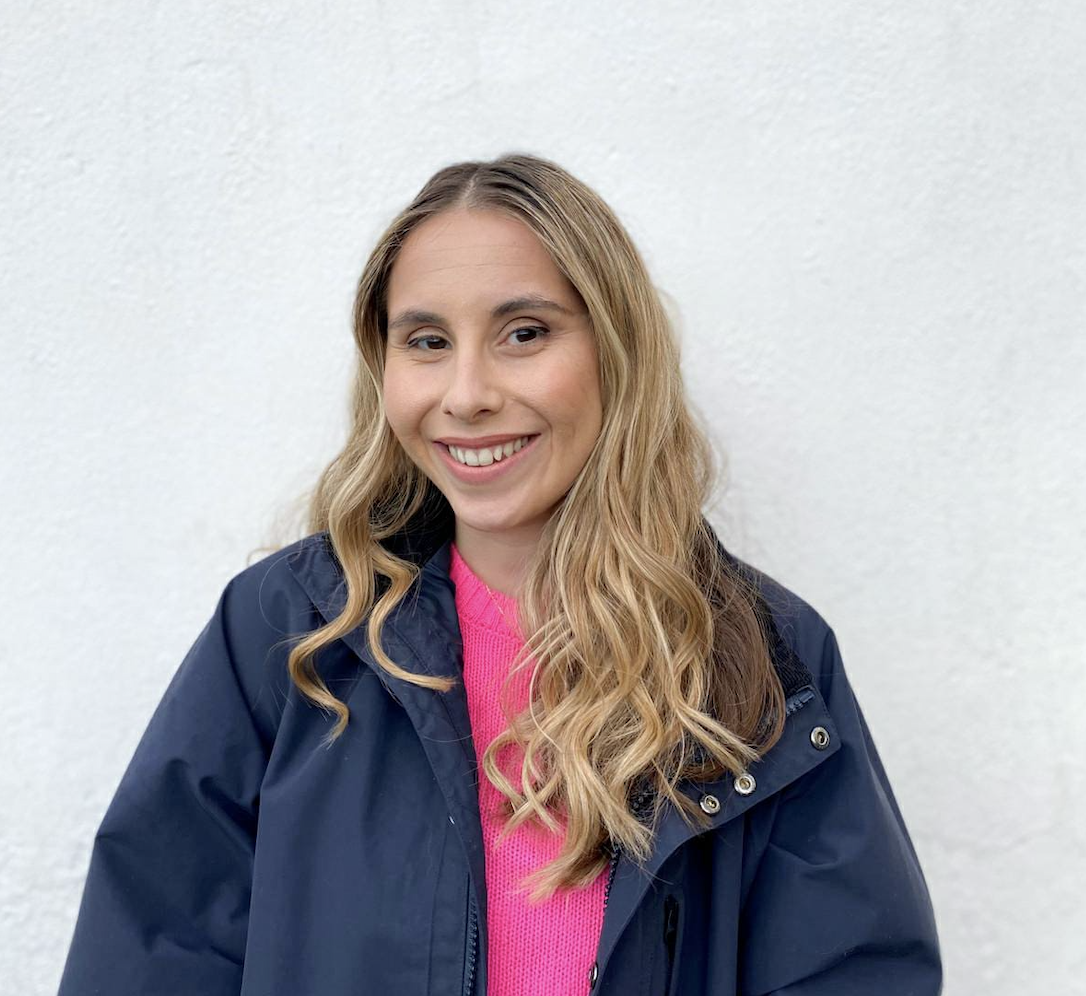
The casting of Olivia Colman and Micheal Ward as romantic leads in Sam Mendes’ Empire of Light, in theaters from December 9, is unexpected—not only because of the actors’ 20-year age gap. But in many ways it also makes perfect sense.
In the film, Colman’s character, Hilary, is a white, 40-something employee at a movie theater in a coastal English town. She keeps to herself, but it quickly becomes clear as the film unfolds that she lives with a mental illness for which she takes lithium (a diagnosis is never named, but she experiences episodes of mania). When Ward’s character, Stephen—Black, just out of school, with a unique perspective on music and film—also starts working at the theater, the two soon become involved. Their connection seems to transcend their myriad surface-level differences, seeing only each other’s humanity.
Despite the very real trauma these two vulnerable people experience—racism, mental illness, social stigma, sexual harassment—they find a path towards the light. With the exception of the cinema’s predatory manager, played by Colin Firth, the employees embrace Hilary and Stephen with care and concern, and act as a shield to their otherwise sometimes crushing isolation. “It was a little ad hoc family!” Colman tells Marie Claire of the characters’ relationships. Here, she and Ward unpack the power of finding love and community during dark times.
Marie Claire: For me, what was most successful about this film was that it makes complex themes—love, loneliness, community, kindness—seem simple. What do you think viewers can learn from your characters’ relationship in particular?
Olivia Colman: I think it's quite pure. Well, you know, they're doing each other, but there's something about two souls who are outcasts for different reasons, who see each other; find each other. I think from Hilary's point of view, this dazzling, beautiful, youthful person comes into their lives in this cinema… They're almost kindred spirits, even though they come from different places. But they don't care about any of that. It's never going to last—I think that's quite clear—but it's a beautiful little moment while it happens.
MC: Stephen’s Blackness and Hilary’s mental illness make it difficult for them to find a place in their community in different ways. Do you think that’s part of why they’re able to relate to each other with so much empathy?
Micheal Ward: I think it definitely helps them relate to each other. Because of those things, they become more lonely. So I guess if Stephen wasn't Black, he'd have more of a community to be involved in, and because he would have had a community, he may never have gone on New Year's Eve, to go see Hilary, which is the first time they connect outside of work situations, which I think is beautiful.
Stay In The Know
Get exclusive access to fashion and beauty trends, hot-off-the-press celebrity news, and more.
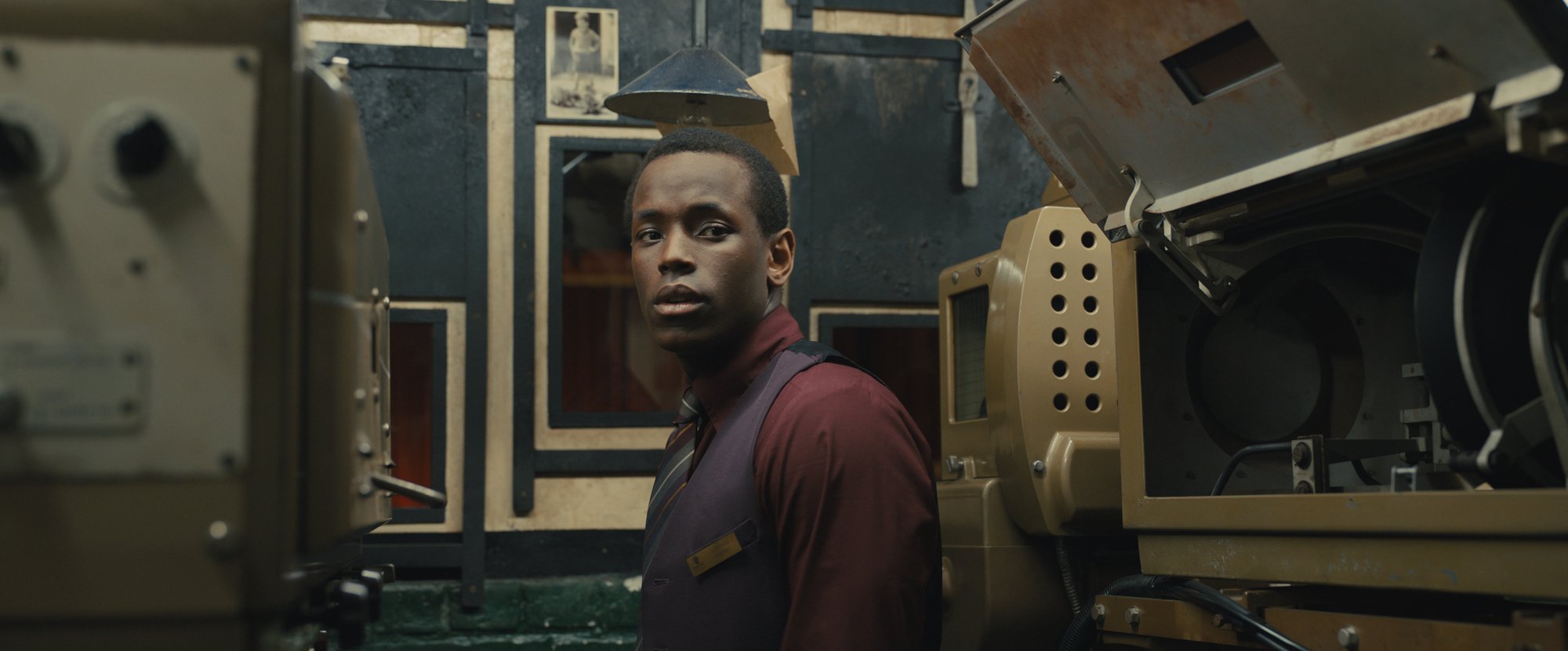
Ward, as Stephen, in a scene from Empire of Light.
MC: At the same time, there were fundamental aspects of Hilary and Stephen’s experience that they couldn’t understand about each other. Hilary couldn’t, or perhaps didn’t want to, see how pervasive racism was in Stephen’s life, and Stephen found it hard to deal with Hilary’s mania.
MW: That's what’s special: When they're alone it's like none of that matters…it's just them, it's just their souls. And what the outside world thinks, it doesn't matter. Because they can't be seen. It's only when people know, when people find out and they know that people know, it becomes different, because then those things that make them outcasts are visible, to a certain extent.
MC: Despite not being able to understand the entirety of each other’s experience, Hilary and Stephen have a willingness to be there for each other anyway, even if they do it in a clumsy, awkward way. Do you think the film is saying you can be there for someone even if you don’t know how to be?
OC: Yeah! I don't know if that was intentional, but I certainly think that's what you can take from it: external influences that have impressed themselves upon your private relationships and they shouldn't. And watching these two people care for each other against all the odds is a beautiful thing to witness and something that we can all learn from.
MW: I think it was equally interesting that someone like Neil [a fellow cinema employee, who advises Stephen not to get too closely involved with the situation], who really cares for Hilary, wasn't necessarily saying that helping is a bad thing. It’s because [Neil] knows more about that situation. The fact that Stephen doesn't know what this world is—and he's seen Hilary for who she is—he feels like he can get back to that. And that's, I think, the driving force behind why Stephen leans in a lot more. I used to think Neil was just just an idiot, like, Why is he telling him to do this? Why wouldn't he want to have Hilary supported? But it's just because he knows more about the situation, because he's probably grown up around people with mental health issues. And also, he's a lot older, so he will have experienced a lot more life.
OC: It was just [a question of] being useful as well. And not knowing, and not caring, about other people's boundaries. Going, “No, I'm going to fucking help, no matter who says what.”
MC: What kind of research went into portraying having mental illness, and dealing with a loved one who has it? Were there conversations with Sam Mendes about it, as well?
OC: Sam was our greatest source of knowledge… Hilary was loosely based on his mum. So every minute of every day, I had Sam there to go, "What's it like, when someone was coming off lithium? What's it like, when they're on a high?"
MW: Obviously, now you have the internet, so say if Stephen did want to find out about mental health and how it affects Hillary, you could just type it in on Google… when he goes to Hillary, and says "It's not your fault," [it’s] because he had done some research. But how did he get all of that research done? He probably would have had to go to the library. He probably would have had to ask his mum because she's a nurse... Thinking about those conversations was really important for me, because now we just feel that we have access to things so easily that you forget how difficult it was to get information back then. But also how rewarding it was probably back then, to actually find out about mental health. Stephen probably had to go through a lot to figure that out, and he probably felt really excited about finding out about this part of life.
MC: The themes in this film are universal, and it also touches on some of the most pressing conversations we’re having at the moment, about racism, about mental illness, about sexual harassment. And on the other hand, the film is set in a different era to the one we’re in now. How did all of these aspects affect your portrayal of those characters and those dynamics?
OC: [Sam] wrote this during lockdown, and all of what was going on with Black Lives Matter in America at the time. And [when writing] he was thinking about his own childhood—so his mother, and all the racial unrest [happening when he was growing up] with [Margaret] Thatcher in government. And he thought, Why is it not better? Why are we still having these same issues in the news? [Sam’s] political views were sort of formed during that time [as a teenager]. He is really interested about why all of these issues run together in this film, and they're all his memories, and sort of wanting to discuss why mental health is still, much more talked about, but still not enough. And why are there still hideous moments with race issues?
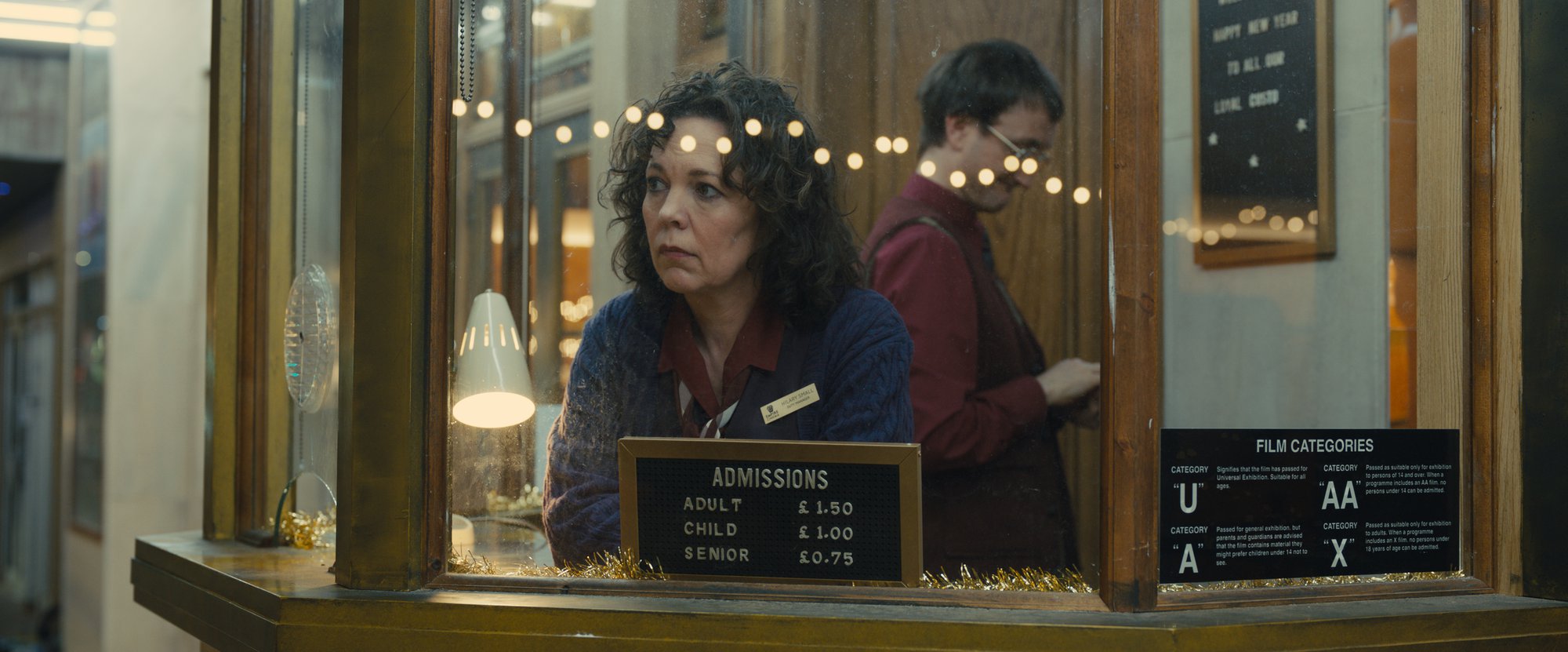
Colman's character, Hilary, at the theater she works at in the film.
MC: And it was also important for you to play a part in sending those messages?
MW: I definitely want to play characters that have something to say. That's why when we were doing the scene when we talk about the New Cross fire, we got to a bit where it was quite long, and then we got into a cut down version, and I was like, "Nah, this still doesn't feel right. [Stephen] needs to say something here.” … Because it's so important to him, as a young Black man. He wants to get these things across, but you don't want to do it in a way where it's like—which Sam was very vocal about—you're giving people a lesson. You just want the feelings of the character to come across.
And I'd like to think sometimes these moments can be extracted from the film, and maybe used for a history lesson or something like that, because I didn't know about the New Cross fire and how that whole situation was dealt with. So I think it's important to make people that wouldn't know, aware about these things, but also let them see that we haven't come too far. It feels that we've made so much progress, maybe since slavery and stuff like that, but we still haven't moved like from 40 years ago. [The fire] is something that happened in 1981. We're in 2022 right now, and it still hasn't moved forward. So it's important to send these messages through film…It's more subtle. Just seeing people live through this experience, because they impacted me a lot, just by playing this character.
The interview has been edited and condensed for clarity.

Iris Goldsztajn is a London-based journalist, editor and author. She is the morning editor at Marie Claire, and her work has appeared in the likes of British Vogue, InStyle, Cosmopolitan, Refinery29 and SELF. Iris writes about everything from celebrity news and relationship advice to the pitfalls of diet culture and the joys of exercise. She has many opinions on Harry Styles, and can typically be found eating her body weight in cheap chocolate.
-
 Jennie Kim Just Dropped This Summer's Mermaid Wave Blueprint
Jennie Kim Just Dropped This Summer's Mermaid Wave BlueprintBeachy hair is back in full regalia.
By Ariel Baker Published
-
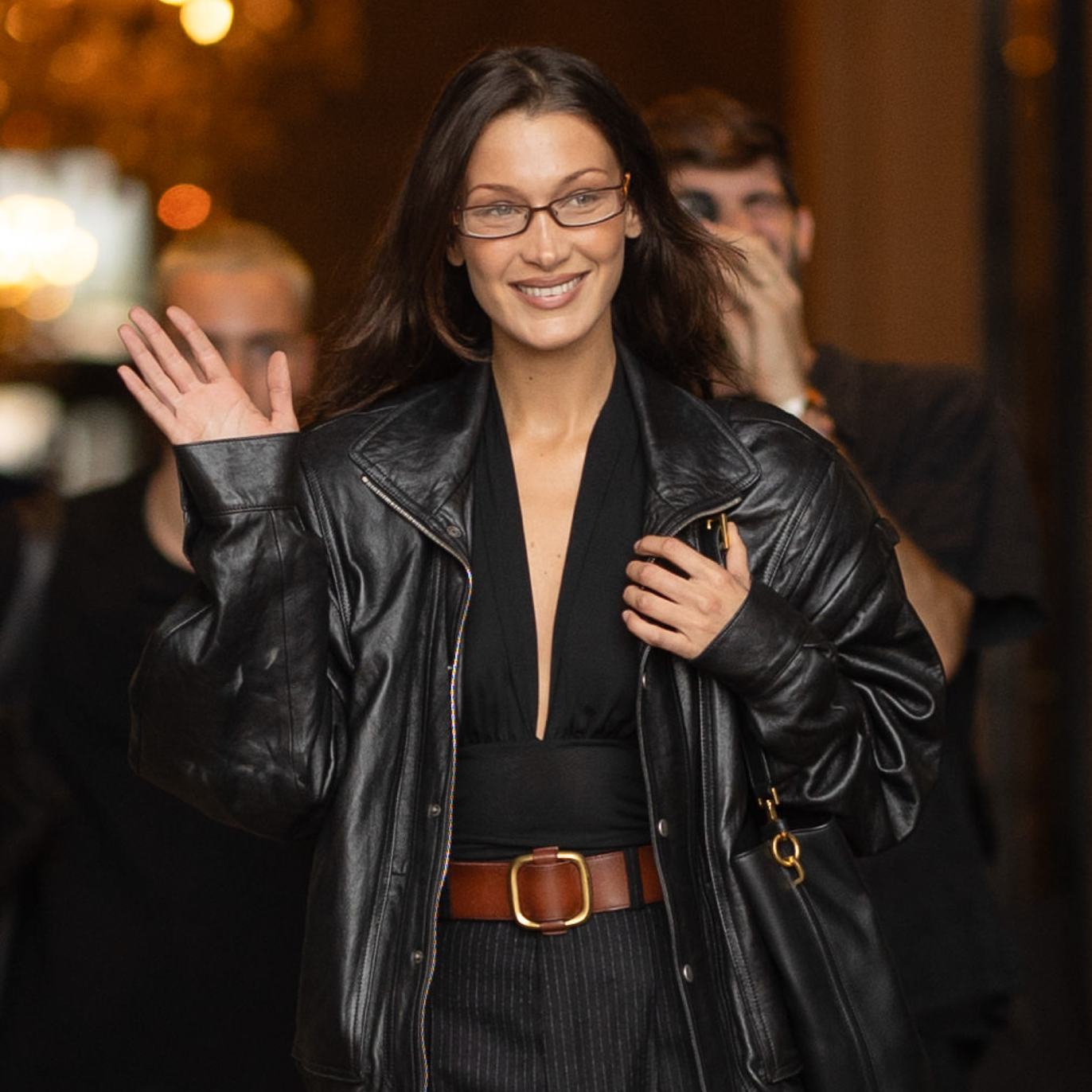 Bloody And Riding A Motorcycle In Paris, Bella Hadid's Hairstyle Was Still The Main Attraction
Bloody And Riding A Motorcycle In Paris, Bella Hadid's Hairstyle Was Still The Main AttractionFilming her FX series, the model-turned-actress brought back the wet-hair look.
By Ariel Baker Published
-
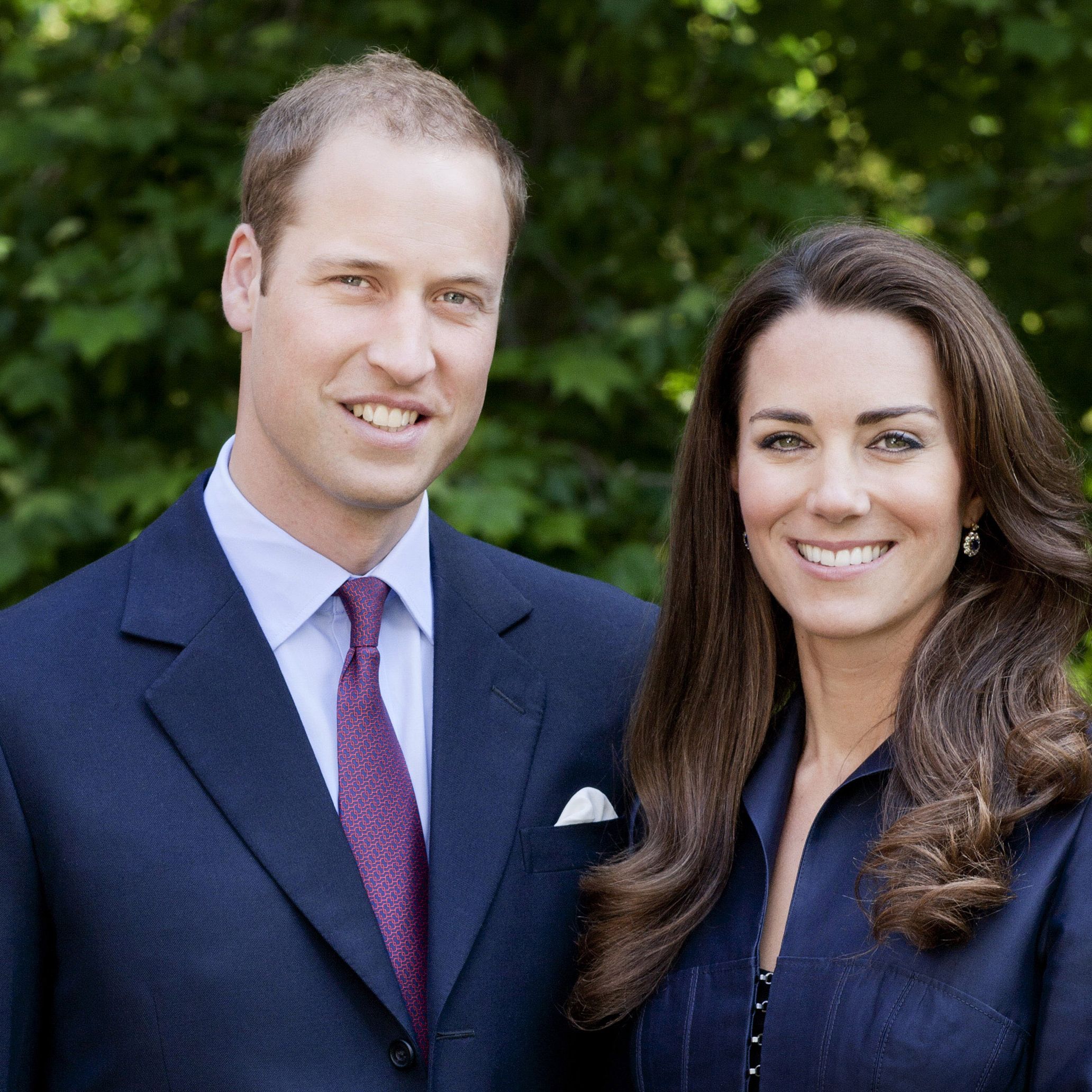 James Middleton Reveals Middleton Family "Prerequisite" Prince William Met Before Marrying Kate
James Middleton Reveals Middleton Family "Prerequisite" Prince William Met Before Marrying KatePrincess Kate's little brother opened up about one of his brother-in-law's personality traits.
By Kristin Contino Published
-
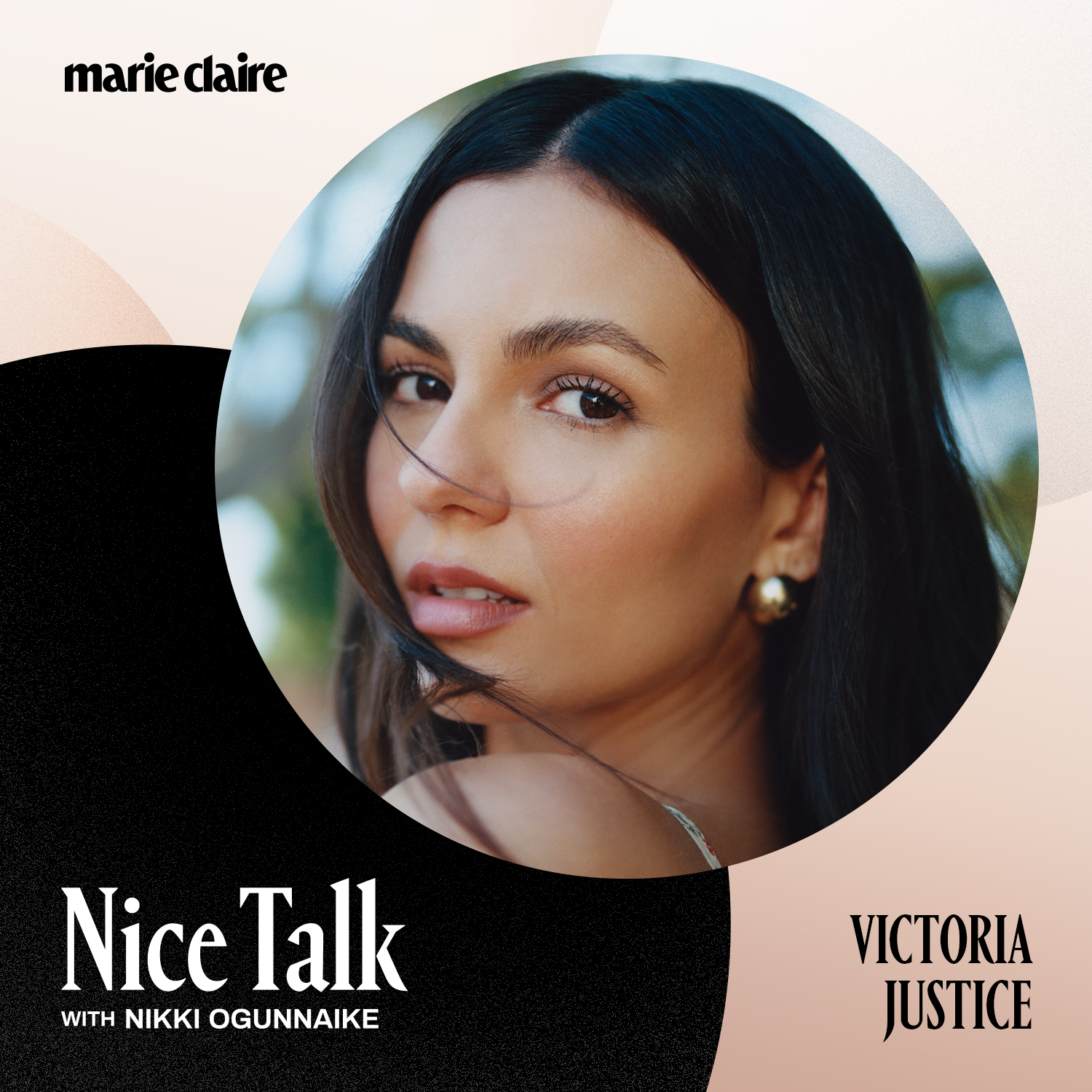 How Victoria Justice Learned to Use Her Voice on the Set of 'Victorious'
How Victoria Justice Learned to Use Her Voice on the Set of 'Victorious'The former Nickelodeon star recalls what it was like to speak up to adults on set as a child.
By Sadie Bell Published
-
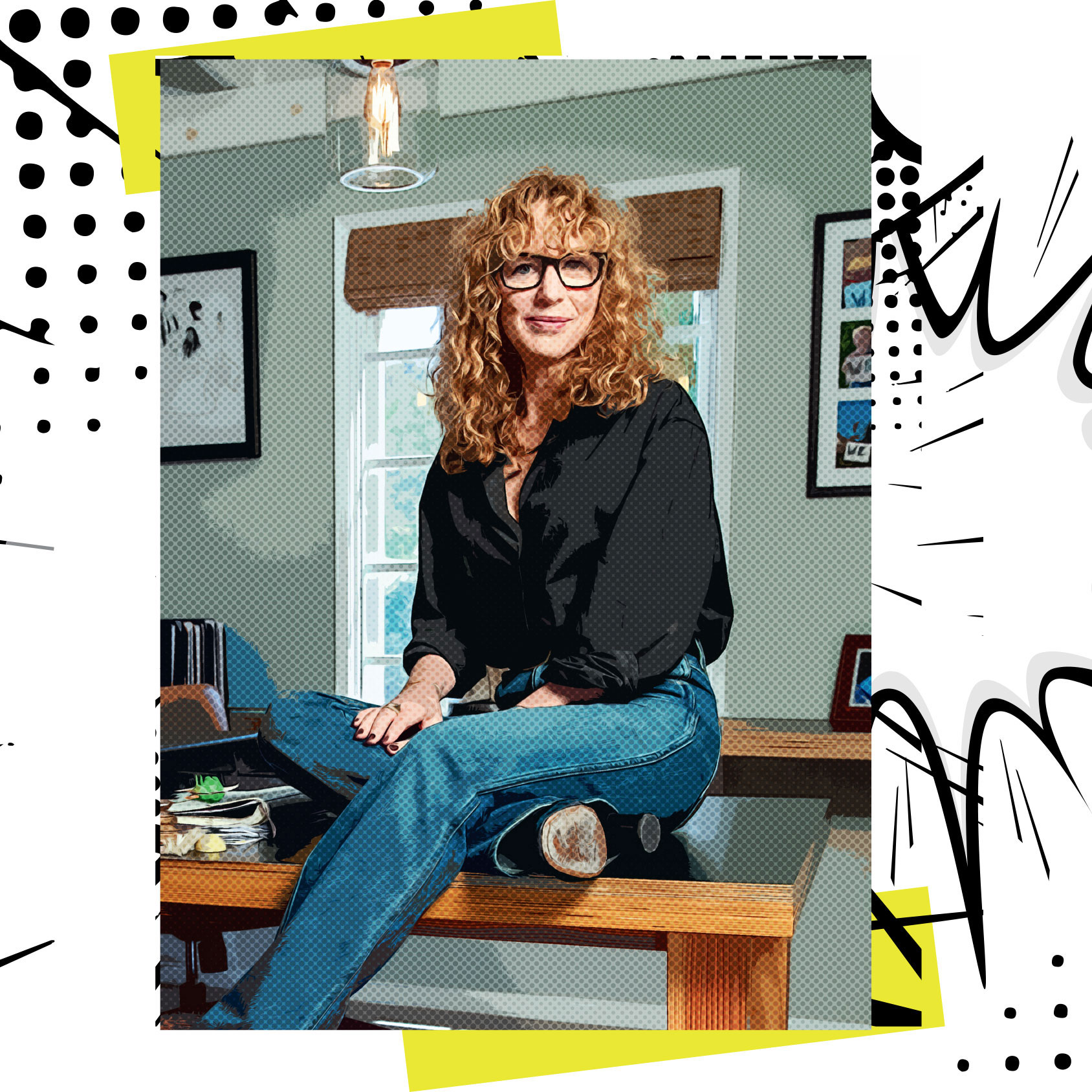 Holding Out for a Hero
Holding Out for a HeroHow did Sarah Finn, a sensitive theater geek, become a real-life Avengers assembler?
By Jessica M. Goldstein Published
-
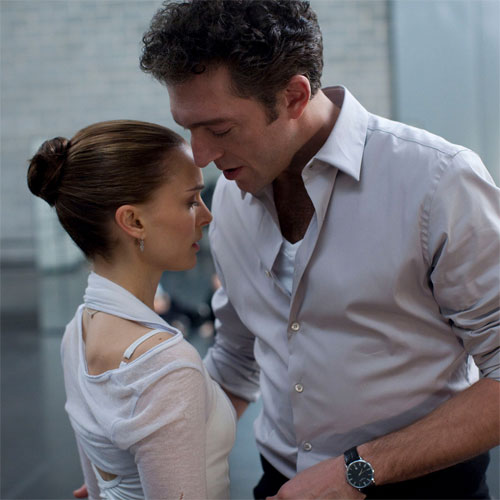 Black Swan Movie Review
Black Swan Movie ReviewA modern-day fairy tale that's freaky, sexy, and downright divine.
By Caryn James Published
-
More than a Pretty Face: James Haven
He's our first male MTAPF.
By Marie Claire Published
-
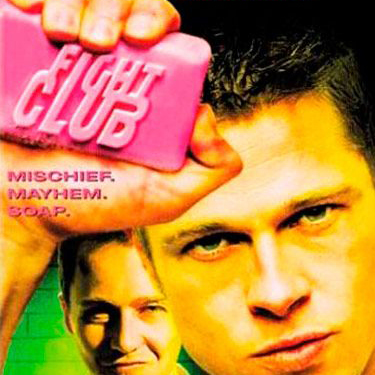 25 Must-See Guy Flicks
25 Must-See Guy FlicksPop in one of these classic dude flicks this weekend to score some major points.
By Diana Vilibert Published